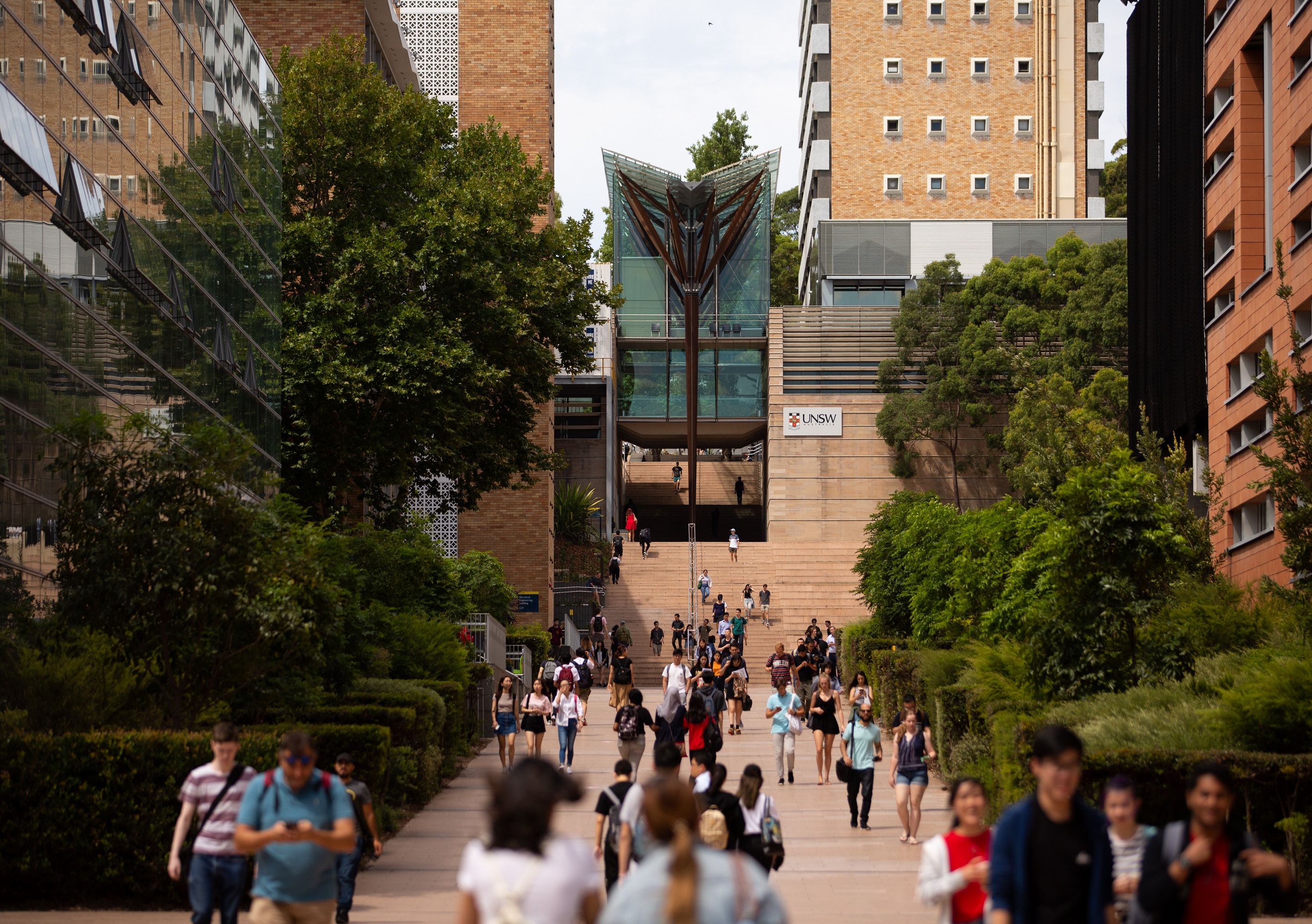UNSW Sydney adds to tally in latest global subject rankings
The 2020 QS Subject Rankings placed 20 UNSW subjects in the top 50, including four at number one in Australia
The 2020 QS Subject Rankings placed 20 UNSW subjects in the top 50, including four at number one in Australia

The 2020 QS Subject Rankings released today placed one UNSW Sydney subject in the top 10 globally and 20 among the top 50 in the world.
Mineral and mining engineering was the top-ranked UNSW subject moving from sixth to fourth in the world.
In the latest subject league table, UNSW added two more subjects to the top 50 in the world, taking its total from 18 in 2019 to 20 in 2020. Those included law (14), psychology (22) architecture/built environment (27), mathematics (36), and medicine (46). Mechanical, aeronautical and manufacturing engineering saw the greatest gains of any UNSW subject, climbing 22 spots from 74 to 52. Social policy and administration also climbed 20 spots from 61 to 41.
In Australia, UNSW was ranked number one in four subjects – up from three in 2019 – including civil and structural engineering, accounting and finance, electrical and electronic engineering, and materials science.
UNSW President and Vice-Chancellor Professor Ian Jacobs said the University’s success, particularly in the engineering and technology space, solidifies UNSW’s position as a leader in advancing research and teaching that will solve major societal challenges and transform the lives of people around the world.
“We are a university that’s leading the race in solving some of the greatest challenges facing humankind – from quantum computing to protecting native species. It is inspiring to see that impact recognised in the QS Subject Rankings,” Professor Jacobs said. “As the rankings indicate, we have performed well across disciplines. I am proud of these achievements and the contributions of the entire community, which continue to drive our academic and research excellence on a global stage.”
Professor Jacobs highlighted UNSW research that will shape computation, travel and natural disaster preparedness:
Published annually since 2011, the subject rankings are based on academic reputation, employer reputation and research impact. The 2020 table ranked 1,368 institutions across 48 subjects in five subject areas.
The rankings aim to help prospective students identify the world’s leading schools in their chosen field, with the list of subjects extended each year in response to high demand for subject-level comparisons.
The full list of UNSW subjects ranked in the top 50 includes: